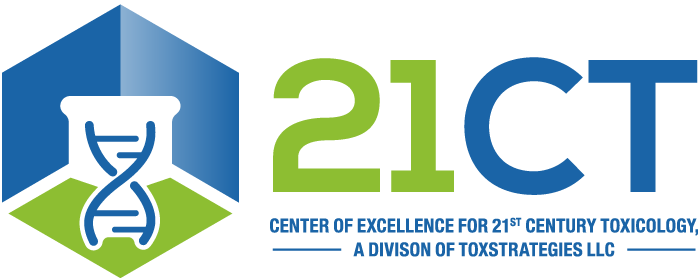Henderson RG, Franke KS, Payne LE, Franzen A. 2023. Cannabidiol safety data: A systematic mapping study. Cannabis Cannabinoid Res 8(1):34-40; doi: 10.1089/can.2022.0100. PMID: 36251454.
Abstract
Robust assessment of potential adverse outcomes is needed to determine a safe cannabidiol (CBD) intake level for consumer use. To assist in identifying knowledge gaps and inform future decision making regarding systematic development of health-based benchmarks, we have developed the first systematic map of the safety-related information available for CBD in the peer-reviewed literature. Literature searching conducted according to a published protocol yielded a total of 4186 unique titles and abstracts published through 2020. These were screened using DistillerSR for studies that evaluated at least one potential health outcome following exposure to CBD and/or other hemp-derived substances. Additional categorization was conducted for a subset of 1001 studies in which CBD was administered alone. Studies that investigated CBD most frequently reported on neurological outcomes (532), carcinogenic outcomes (129), and pharmacokinetics (118). Less frequently studied categories included developmental and reproductive, hepatic, and gastrointestinal outcomes. The primary outcomes associated with the most adverse events reported in the literature were neurological (13) and developmental and reproductive (12). Based on the studies identified, reproductive and developmental toxicity was identified as a data gap that warrants conducting a well-designed, guideline-compliant reproductive toxicity study on CBD. In addition, immune outcomes were noted as a potential emerging research area for CBD. This systematic map provides an important baseline from which to identify topics that may be suitable for further research related to the safe use of CBD. Implications for future potential work and limitations of the mapping exercise are discussed.
